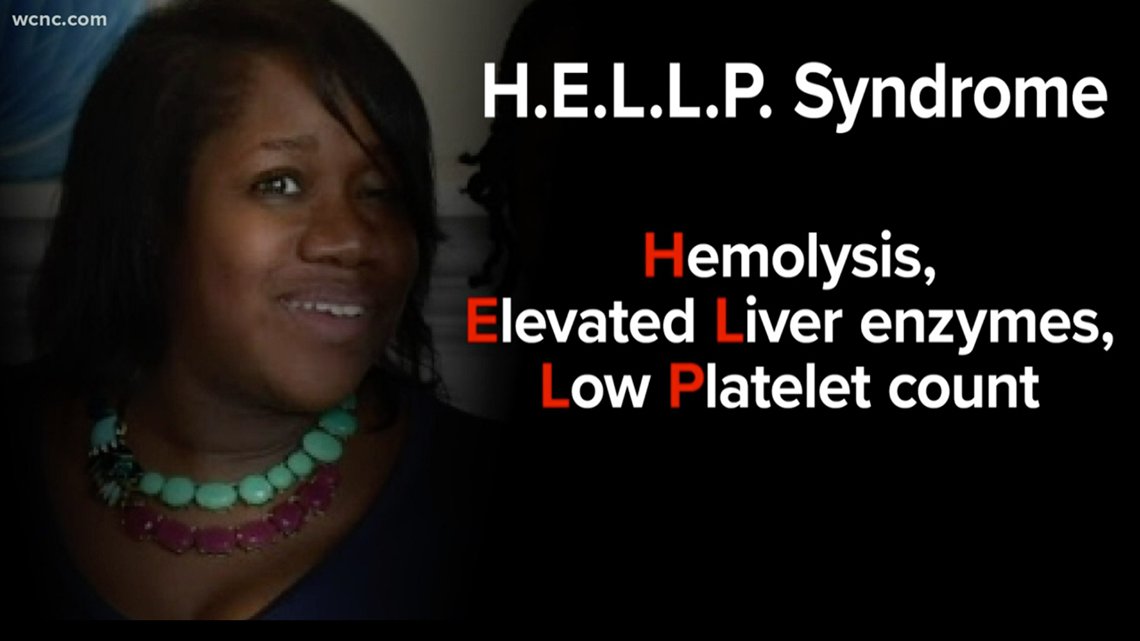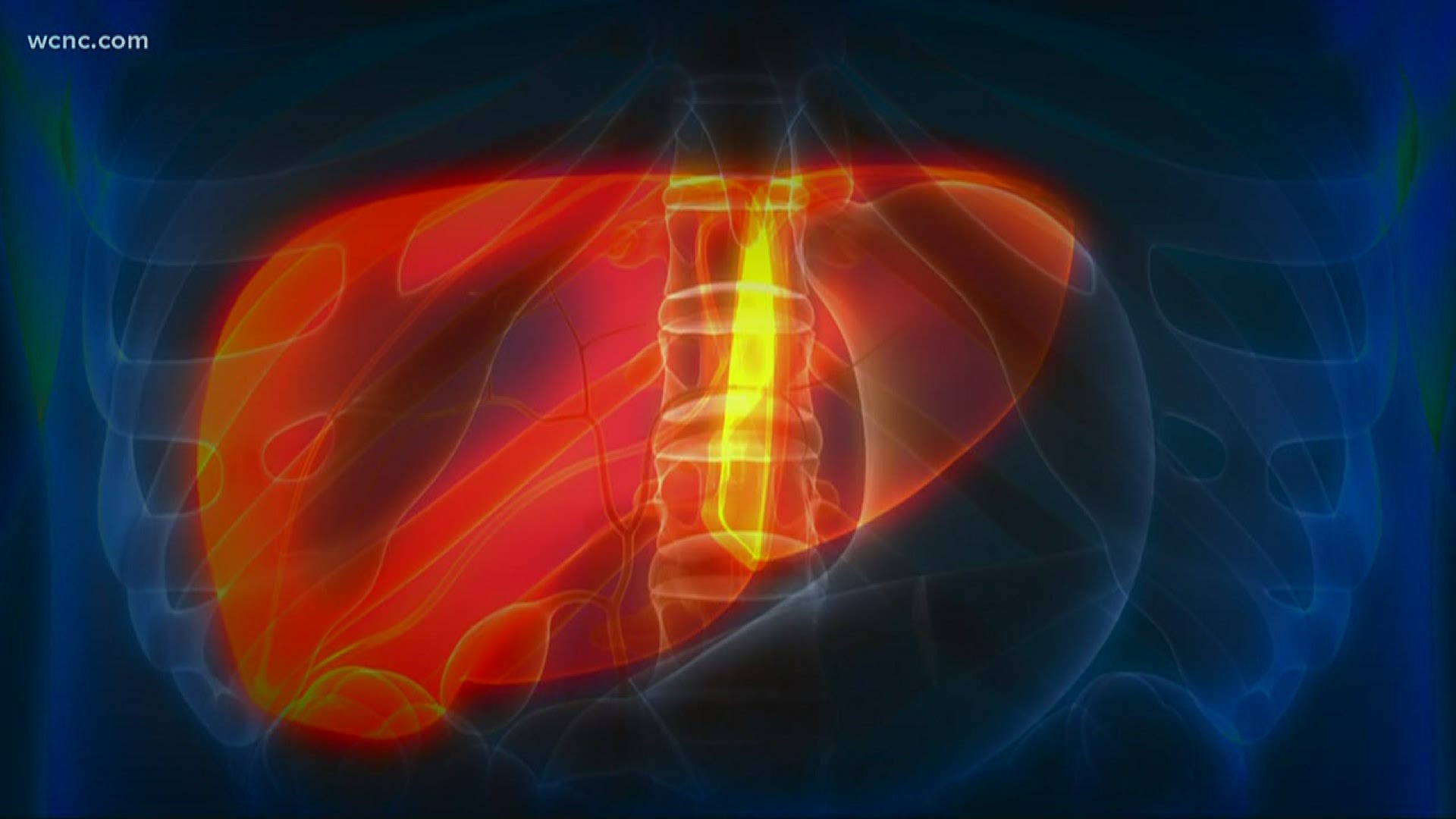DENVER, North Carolina — April is National Minority Health Month. A reoccurring issue we're seeing in the country is the number of black mothers dying at childbirth.
In South Carolina, black women are four times more likely to die than white women. In North Carolina, black women are nearly three times more likely to die than white women.
This is an experience a Denver, North Carolina couple went through. Brandon and Tomeka Isaac shared their story with WCNC's Billie Jean Shaw.
"I was too excited, I was dancing around," Brandon Isaac said with a smile as he described the job he had when learning his wife was pregnant with their first child.
"When she said it was a boy, I thought she was playing," he said.
But it was real. The coupled named him Jace.
"As your son you wanted him to carry out your legacy, live out your name," said Brandon.
Brandon says his wife never missed an appointment, and at each appointment, the doctor's told the couple the baby and Tomeka were both in good health.
But that quickly changed just weeks away from Tomeka's due date.
Mother's Day 2018, Tomeka felt an excruciating pain in her stomach. At first, she thought it was food poisoning.
"Brandon was at work," said Tomeka. "Luckily my friend was home with me, I passed out as I went to lay down."
Tomeka was rushed to the hospital, Brandon left work in a panic.
"When I got there, doctors told me she had a liter of blood in her stomach," said Brandon. "Her liver was swollen and it was 10 doctors or more standing there because they were trying to figure out how to keep the blood from going into her arteries."
Doctors spent hours to stop the bleeding, performing seven surgeries on Tomeka. Tomeka was unconscious, in critical condition, when doctors gave Brandon life-changing news about his baby boy and wife.
"'Your baby died in utero,'" said Brandon with a confused look on his face. "I said, "huh," she said it so dismissively. ... They told me, now we've got to make sure she doesn't die."
It was at that time Tomeka was diagnosed with HELLP syndrome, a deadly pregnancy complication that affects the blood and liver.


Tomeka survived. She spent a month in the hospital recovering, too sick to go to her son's funeral.
"I couldn't tell him that I love him and I'm sorry all of this happened," she said.
The National Institute of Health notes urine samples, which should be taken at each prenatal visit, can diagnose HELLP syndrome.
"At no appointment after my initial of pregnancy, they never did a urine sample," said Tomeka. "I should be dead, I should be dead right now, everything that happened to me should've killed me."
According to the CDC, every 10 minutes, a woman in the United States suffer life-threatening complications from childbirth.
The numbers are even worse for black women who are four times more likely than white women to die from pregnancy-related complications.
Dr. William Callaghan from the CDC believes it is a race issue.
"If you are black and highly educated you still have a higher probability of pregnancy-related death than the least educated white woman," said Dr. Callaghan. "It is astonishing the only difference is the color of one's skin."
Tomeka agrees.
"I didn't have diabetes, I didn't have high blood pressure, if you take out everything, they ever said about why we're dying in childbirth, what do you have what's the only thing left? I'm black," she said.
Meanwhile, other medical professionals like Dr. Sujatha Reddy don't agree race is to blame.
"We have a huge African American population of patients, and I have no doubt in my mind that we give them exact same care as anybody else," she said.
The Isaacs have now created a non-profit organization named after their son to educate and raise awareness about maternal and fetal healthcare disparities.
"We have to do this to save people's lives," said Tomeka.
Efforts are also being made on a federal and state level.
In 2018 President Trump signed a $60 million bill that funds maternal health review committees in every state over the next five years.
In October, Congresswoman Alma Adams launched a Black Maternal Health Caucus to improve the outcomes of black maternal health.
In South Carolina, Representative Kambrell Garvin has filed a bill that would require implicit training for healthcare staff.
MORE ON WCNC CHARLOTTE:

